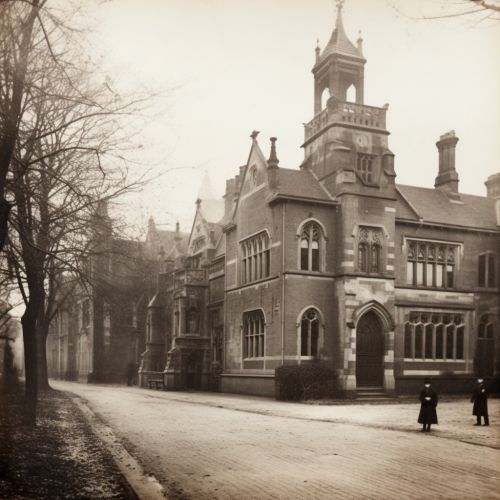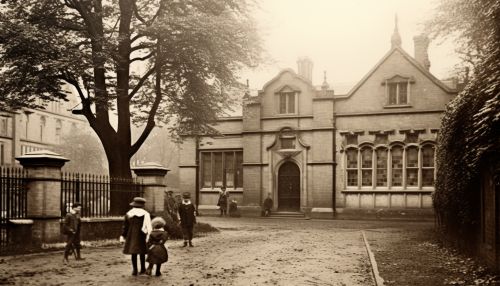Frederic Bartlett
Early Life and Education
Frederic Charles Bartlett was born on October 20, 1886, in Stow-on-the-Wold, Gloucestershire, England. He was the eldest of three children. His father, Charles Bartlett, was a skilled craftsman and his mother, Mary Ann Bartlett, was a homemaker. Bartlett's early education was at the local grammar school, where he showed a keen interest in natural sciences and humanities.


Bartlett went on to study at the University of London, where he initially pursued natural sciences. However, he soon developed an interest in psychology and decided to switch his major. He graduated with a degree in psychology in 1912.
Career and Contributions
After graduation, Bartlett started his career as an assistant to Charles Samuel Myers at the newly established psychological laboratory at the University of Cambridge. Here, Bartlett was introduced to experimental psychology, a field that was still in its infancy at the time.
Bartlett's work at the laboratory led to his first major publication, "Psychology and Primitive Culture" (1923), where he explored the psychological aspects of anthropology. This work marked the beginning of his interest in the study of collective memory and cultural psychology.
In 1922, Bartlett was appointed as the director of the psychological laboratory at Cambridge, a position he held until his retirement in 1952. During his tenure, he made significant contributions to the field of psychology, particularly in the areas of cognitive and social psychology.
One of Bartlett's most notable contributions was his book "Remembering: A Study in Experimental and Social Psychology" (1932), where he introduced the concept of schemas. Bartlett proposed that our memory is not a passive system of storing facts, but an active process that constructs our recollections based on our existing knowledge and expectations.


Bartlett also made significant contributions to the field of applied psychology. During World War II, he worked on problems related to military training and personnel selection. His work in this area led to the development of new methods for assessing individual abilities and aptitudes.
Later Life and Legacy
Bartlett retired from his position at the University of Cambridge in 1952. However, he continued to be active in the field of psychology, serving as a consultant for various organizations and continuing his research.
Bartlett passed away on September 30, 1969. His contributions to the field of psychology have had a lasting impact. His concept of schemas has been influential in various areas of psychology, including cognitive psychology, social psychology, and educational psychology.
Today, Bartlett is remembered as one of the pioneers of cognitive and social psychology. His work continues to be studied and referenced in contemporary psychological research.


